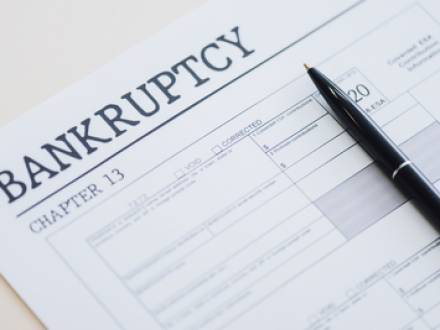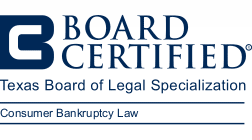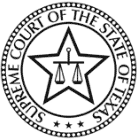Texas Payday Loans, Usury Laws, and Chapter 13 Bankruptcy
 Texas payday loans typically come with exorbitant fees and ridiculously high interest rates that can trap borrowers in a never-ending cycle of debt. Although the usury laws in the state are meant to limit interest rates, payday lenders sidestep these restrictions by using "credit service organization" loopholes.
Texas payday loans typically come with exorbitant fees and ridiculously high interest rates that can trap borrowers in a never-ending cycle of debt. Although the usury laws in the state are meant to limit interest rates, payday lenders sidestep these restrictions by using "credit service organization" loopholes.
For Texans struggling financially, Chapter 13 bankruptcy may offer a solution that can reorganize payday loan debt, create a realistic repayment plan, and stop aggressive collection tactics. If you feel you are drowning in short-term loan debt, it is important to understand how payday loans are treated in Chapter 13 bankruptcy and how Texas usury laws may intersect with bankruptcy relief. An experienced Conroe, TX bankruptcy attorney can help explain the law and answer your questions.
The Legal Loophole for Texas Payday Loans
Texas has some of the highest payday loan interest rates in the United States. Despite usury laws (Tex. Fin. Code Section 302 and Section 342), which set interest caps, payday lenders use credit service organizations to add "fees" that can push the APR above 400 percent. This is done by adding fees such as $15 per $100 borrowed, which can trap borrowers in an endless cycle of debt.
How Are Texas Payday Loans Treated in Chapter 13 Bankruptcy?
Filing for Chapter 13 bankruptcy in Texas immediately stops collection efforts under the automatic stay. Payday loans are treated as unsecured debt because they are not secured by collateral, such as a house or car. This makes them similar to medical bills and credit card debt. Being designated as unsecured debt is a crucial distinction because this means that the bankruptcy court does not treat payday lenders as a priority.
The lender is only paid through the Chapter 13 repayment plan, according to the amount specified by the court. This amount is often a small fraction of the amount owed because, due to "cramdown," high interest rates are stripped down, and lenders only receive the court-approved repayment rate. The Chapter 13 bankruptcy payment plan allows monthly payments to a bankruptcy trustee over a period of three to five years.
The funds are distributed by the trustee to creditors, based on the court-approved payment plan. At the end of the repayment plan, any remaining balance on unsecured debts – including payday loans – is discharged. This means the borrower is no longer legally obligated to pay the remainder of the debt.
Can Payday Lenders Object During a Chapter 13 Bankruptcy?
Although payday lenders have a well-deserved reputation for aggressive collection practices, when it comes to bankruptcy court, they are no different from other lenders. There are, however, certain circumstances under which a payday lender may attempt to challenge the discharge. If an individual took out a payday loan shortly before filing for Chapter 13 bankruptcy, the lender may say he or she did so fraudulently, as there was no intent to repay the loan. The "safe harbor" period is typically 70-90 days before the bankruptcy filing, so a payday loan taken out during this period may be more heavily scrutinized by the court.
Because of the continuous rollovers of payday loans, some lenders may attempt to argue that the loan was recent, even if the initial payday loan was much older. A lender is allowed to file an "adversary proceeding" to object to the discharge of their debt; however, this is relatively uncommon, given the high legal costs involved compared to the amount of the loan.
Since many payday lenders make electronic withdrawals from the borrower’s bank account, that authorization must be revoked once a Chapter 13 bankruptcy is filed. In some instances, closing the account and opening a new one is the most effective way to halt electronic withdrawals.
Contact an Austin County, TX Chapter 13 Bankruptcy Attorney
Payday loans can make you feel as though you are on a treadmill that never stops. Chapter 13 bankruptcy can provide a way out, while protecting your paycheck from garnishment, stopping the high fees, and consolidating your debts into a single, affordable monthly payment. A highly skilled Conroe, TX bankruptcy lawyer from The Fealy Law Firm, PC can help you through the hard times with a promise of a more stable financial future that does not include payday loans. Call 713-526-5220 to schedule your free consultation.












